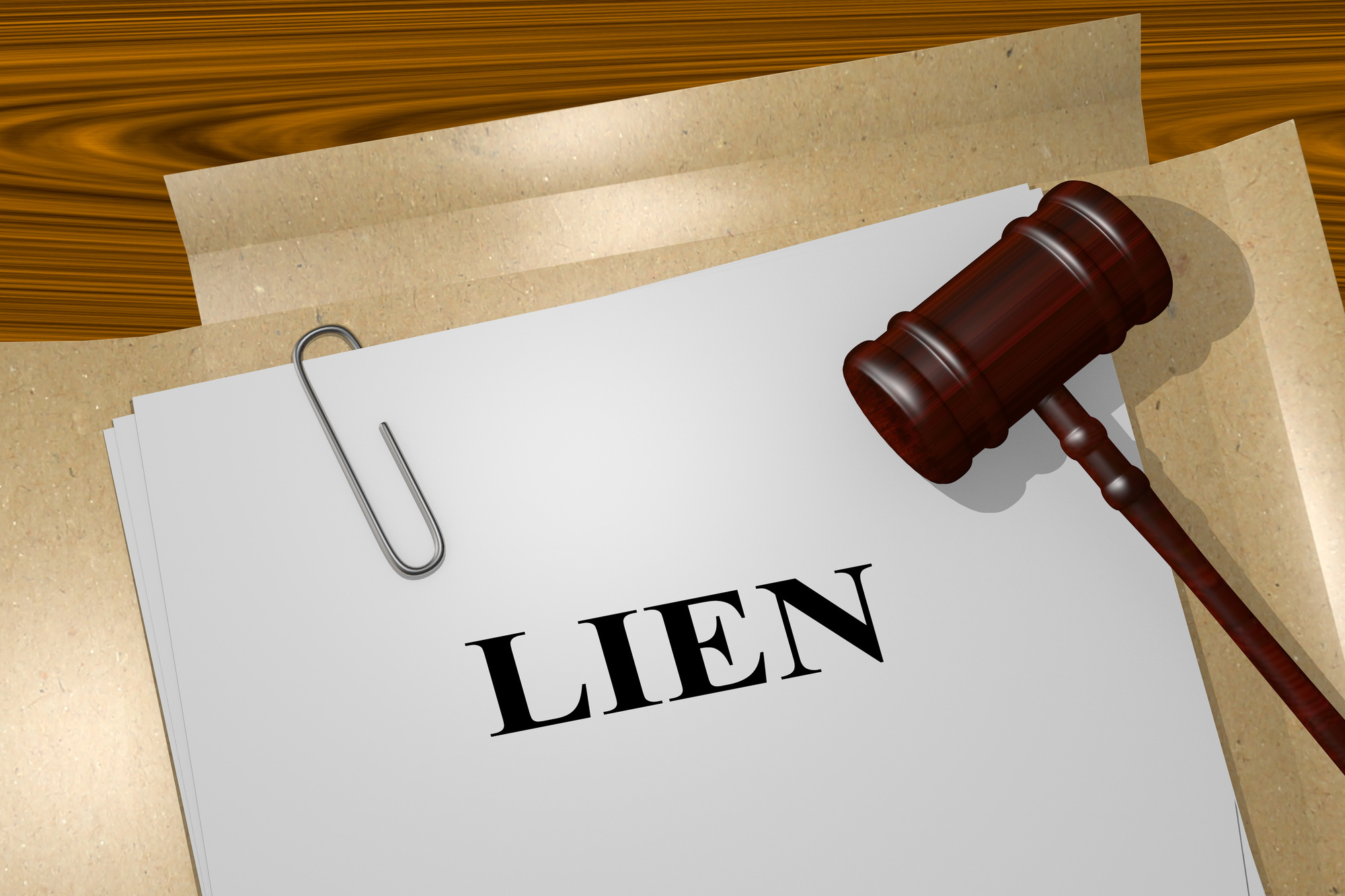
General Lien vs Specific Lien: What Are the Differences?
Are you confused about general lien vs specific lien?
The business of the construction industry saw $792 trillion in spending in the year 2020. This industry relies on intricate legal documents that every stakeholder needs to understand. Lien is a common practice in the construction world, but it is a complicated one.
If you don’t know what are the differences between these two liens, we can help you with that.
Read on to learn more about this topic.
General Lien Scope
What is a general lien? It is a charge against all the property of a debtor. When a debtor sells the property, they proceed from the sale go to pay off the debt secured by the lien.
If there are insufficient proceeds to pay the debt in full, the creditor may continue to have a lien on the debtor’s property. The general lien guide gives the holder the right tips to seize any of the debtor’s assets that are not already subject to a specific lien.
Specific Lien Scope
What is a specific lien? It is a narrower claim that’s placed on a specific property, often to secure payment for work or services rendered.
The creditor can only collect on the debt if the debtor sells the property or tries to use it as collateral for a loan. Specific liens are usually used to secure a debt that relates to the property, such as a mortgage or a car loan.
General Lien Benefits
It allows the creditor to collect from any of the debtor’s assets, regardless of which asset is most valuable. This gives the creditor greater flexibility in choosing which asset to collect from. Confident tracing agents can help creditor finding where the debtor is in case they need to collect some assets.
A general lien gives the creditor a higher priority in collecting from the debtor’s assets. This means that if the debtor has multiple creditors, they will pay the general lien holder first.
Specific Lien Benefits
These are easier to enforce because the debt holder can simply seize the specific piece of property that is subject to the lien. This lien is likely to cause hardship for the debtor because the debtor can still use and enjoy the rest of his property.
Moreover, this results in a higher recovery for the creditor, because the creditor can sell the specific piece of property and apply the proceeds to the debt.
In addition, a specific lien requires the creditor to have a particular reason for claiming the property, while a general lien does not.
How Does It Affect the Creditor?
If the creditor has a general lien, they can seize any property that the debtor owns to satisfy the debt. The creditor can take action to collect the debt if the debtor fails to pay.
In a specific lien, the creditor must give notice to the debtor and the court before seizing the property. Other liens on the property affect the creditor’s rights. If there are multiple specific liens, the creditor with the first lien has the highest priority.
Know the Differences Between General Lien vs Specific Lien
In general, general lien vs specific lien are two different things. They placed general liens on all property that a person owns, while they place specific liens on only certain pieces of property.
While a general lien allows the creditor to collect on any assets, a specific lien only allows collecting on a specific piece of the property. Although they’re different, still you can choose the one that you think is best.
If you find this article interesting, please read more on our blog posts!


